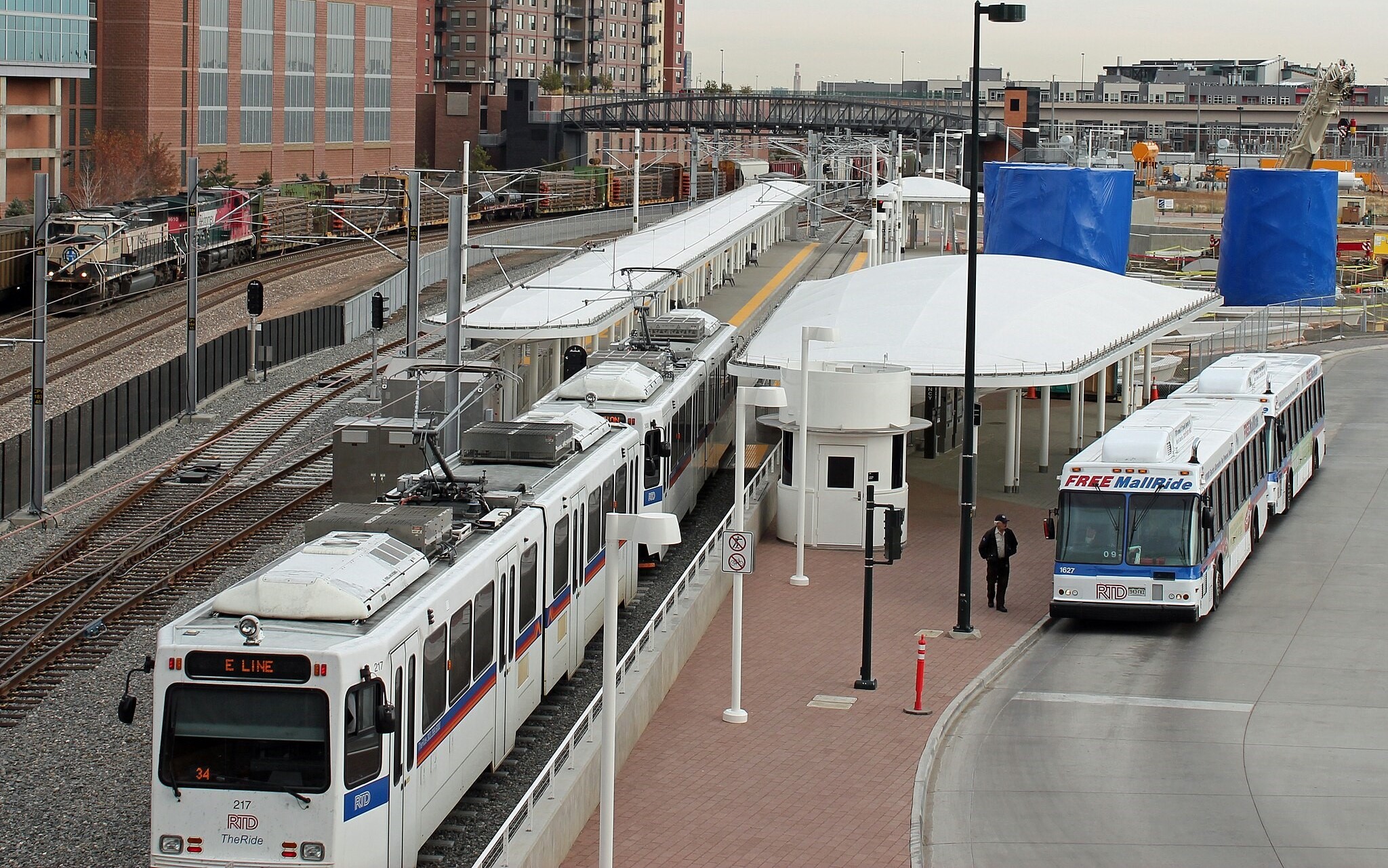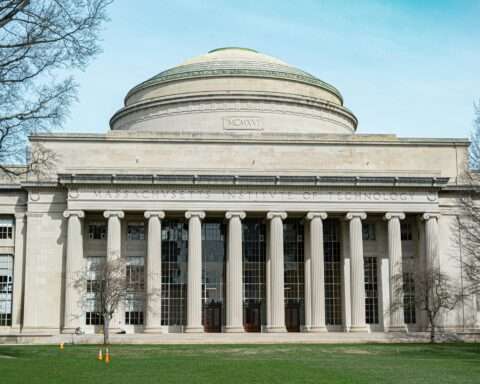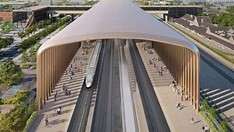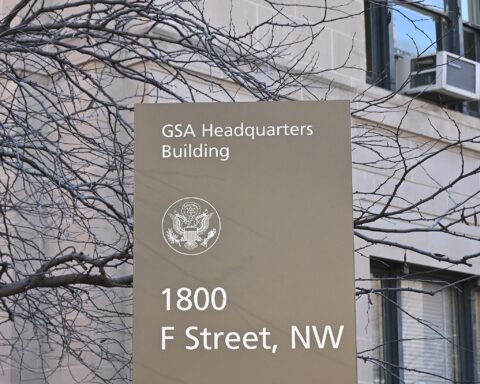The U.S. Department of Transportation’s Federal Transit Administration (FTA) is announcing a $149.9 million grant to support the development of a high-quality bus-based transit system in Denver. This proposed Bus Rapid Transit (BRT) system will offer an affordable, accessible and environmentally-friendly travel alternative for riders trekking the Mile High City.
The FTA will administer the grant to Denver’s Regional Transportation District (RTD) for the development of bus infrastructure along East Colfax Avenue. Funded by the Bipartisan Infrastructure Law of 2021, the FTA will pull the funds from the Capital Investment Grants program to support the ambitious transit initiative.
Connecting Denver and its highly populated suburb Aurora, RTD’s BRT project will enhance transit efficiency along one of the state’s busiest corridors.
RELATED: Bus rapid transit can improve road safety, study shows
“BRT routes have been transforming communities across the country with fast, frequent service along key economic corridors nationwide,” FTA Deputy Administrator Veronica Vanterpool says in a press release. “We are pleased to add Denver to the growing list of communities benefiting from America’s largest-ever investment in high-quality public transportation.”
Primarily located in large cities with traffic congestion, BRT refers to bus-based transit systems that offer fast and efficient service through dedicated lanes, traffic signal priority, off-board fare collection and enhanced stations. Inspired by successful models in Latin America, BRT’s innovative design and operation make it an attractive choice for cities facing traffic congestion and challenges.
RTD’s East Colfax BRT line project is estimated to cost $280.5 million, spanning 8.6 miles from downtown Denver to the Colfax light rail station in Aurora. Providing buses every five minutes during weekdays, the new line is designed to provide faster and more frequent service for residents and commuters.
Officials anticipate the project will shorten riders’ commutes by about 15 minutes each way.
Through dedicated bus-only lanes, traffic lights that turn green for buses and faster boarding processes, the new bus line will support the nearly 22,000 riders that use the two current RTD bus routes on East Colfax each weekday.
Offering buses 24 hours a day, riders can expect the new line to service downtown Denver, 14 residential neighborhoods, commercial centers, medical campuses, historic Aurora, a major high school and RTD’s R Line light rail.
Over the past two decades, BRT has become increasingly popular in the U.S. as cities confront rising traffic congestion and seek affordable transit solutions. The FTA’s investment in BRT systems dates back just as long.
The FTA’s National Bus Rapid Transit Institute Program, established in 2001, has offered funding opportunities and technical support to entities looking to expand dedicated bus services. Since then, BRT initiatives have expanded rapidly, with 317 miles of new lines implemented since 2016.
One project, representing the nation’s first-ever BRT, constructed a dedicated busway in Pittsburgh in the late 1970s. As it is known today, the South Busway transports passengers between Glenbury Street and East Carson Street with 13 bus routes along the way. The groundbreaking project has set a precedent for affordable transit alternatives for American cities to follow nearly 50 years later.
Photo courtesy Jeffrey Beall













